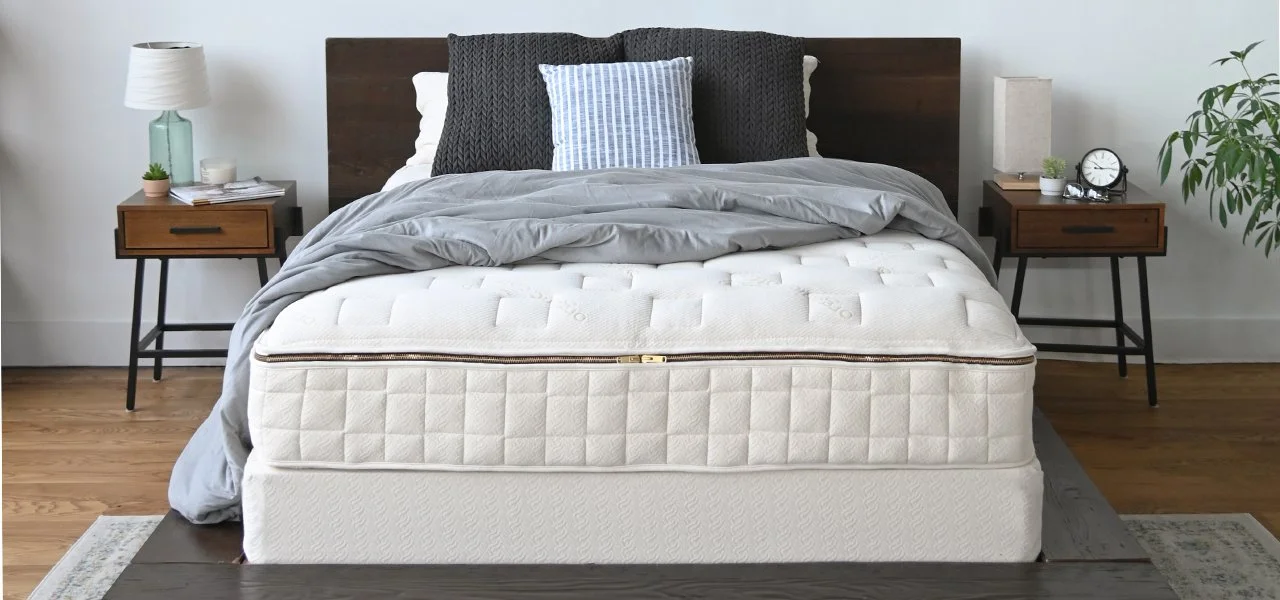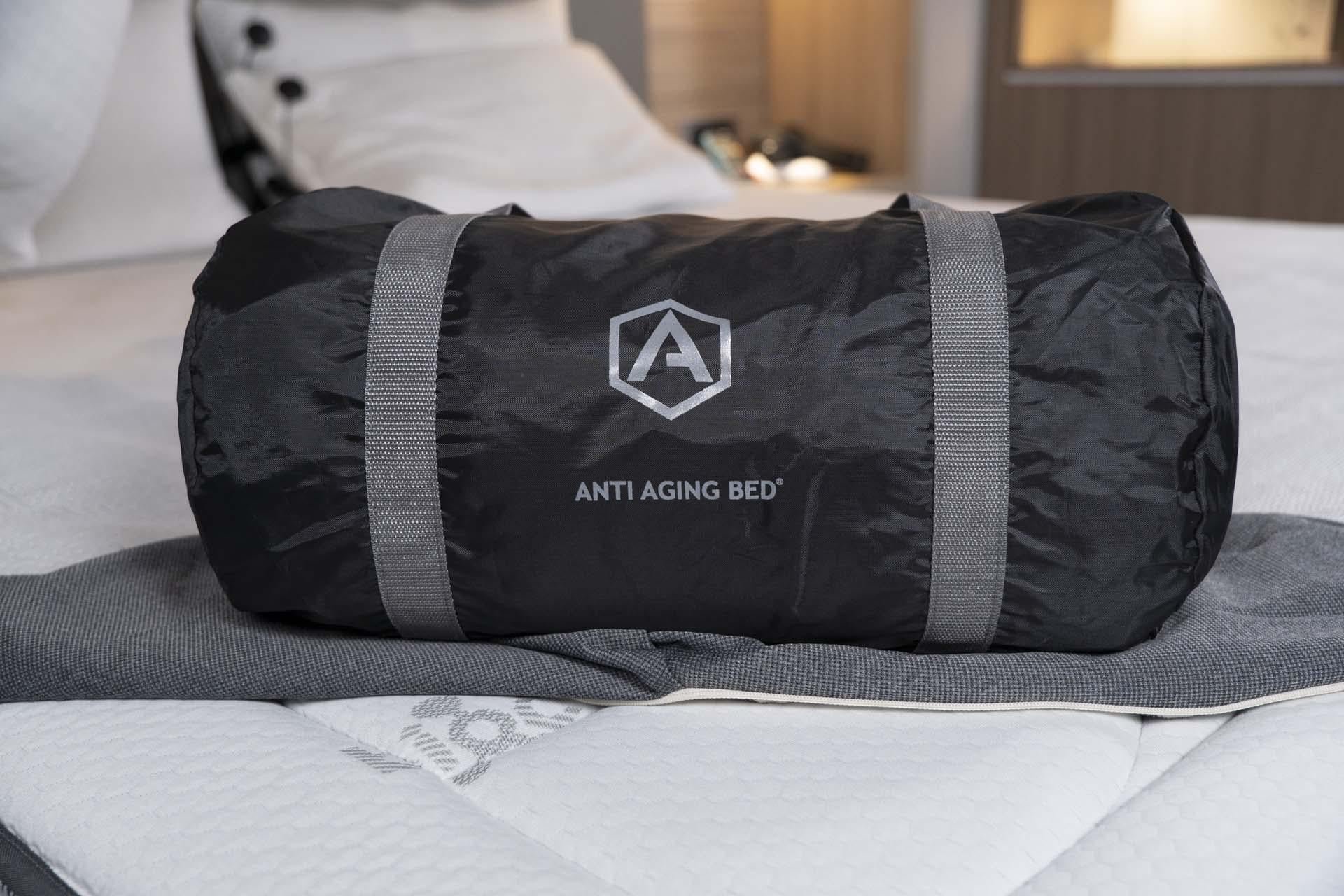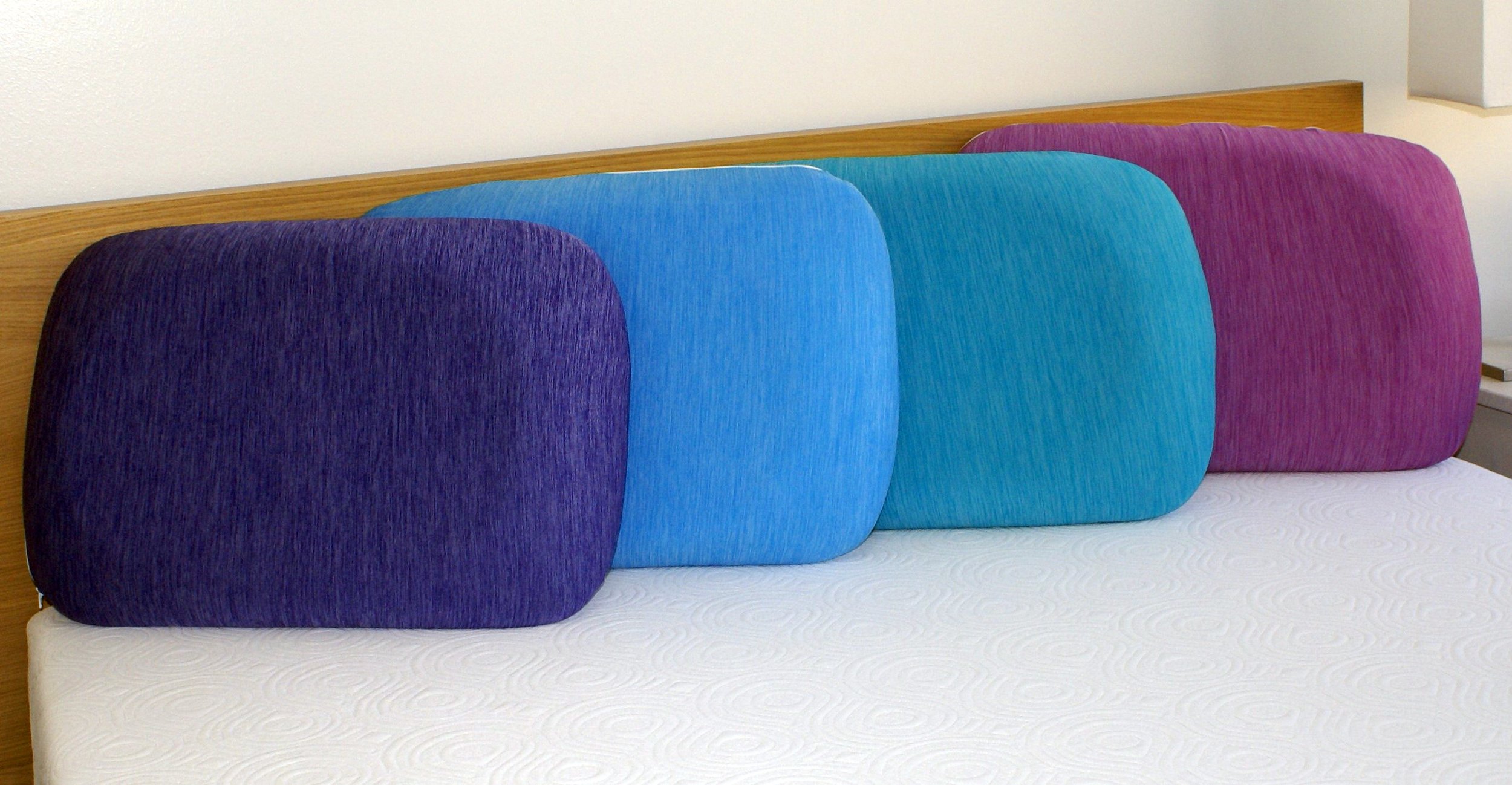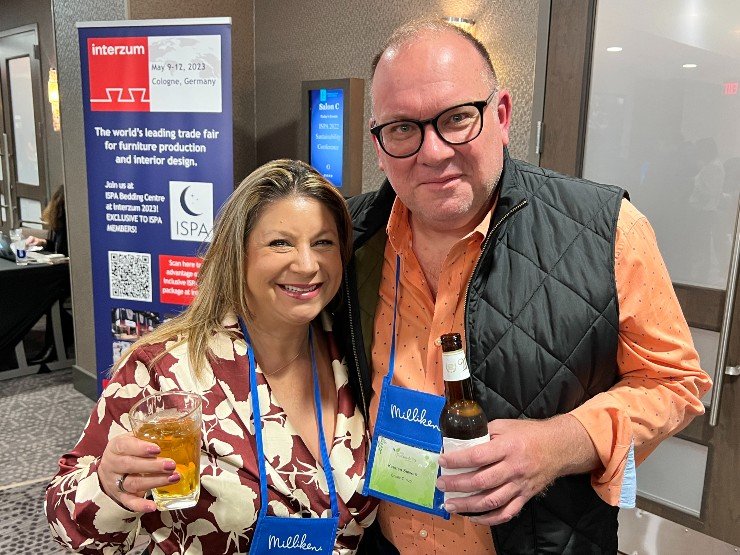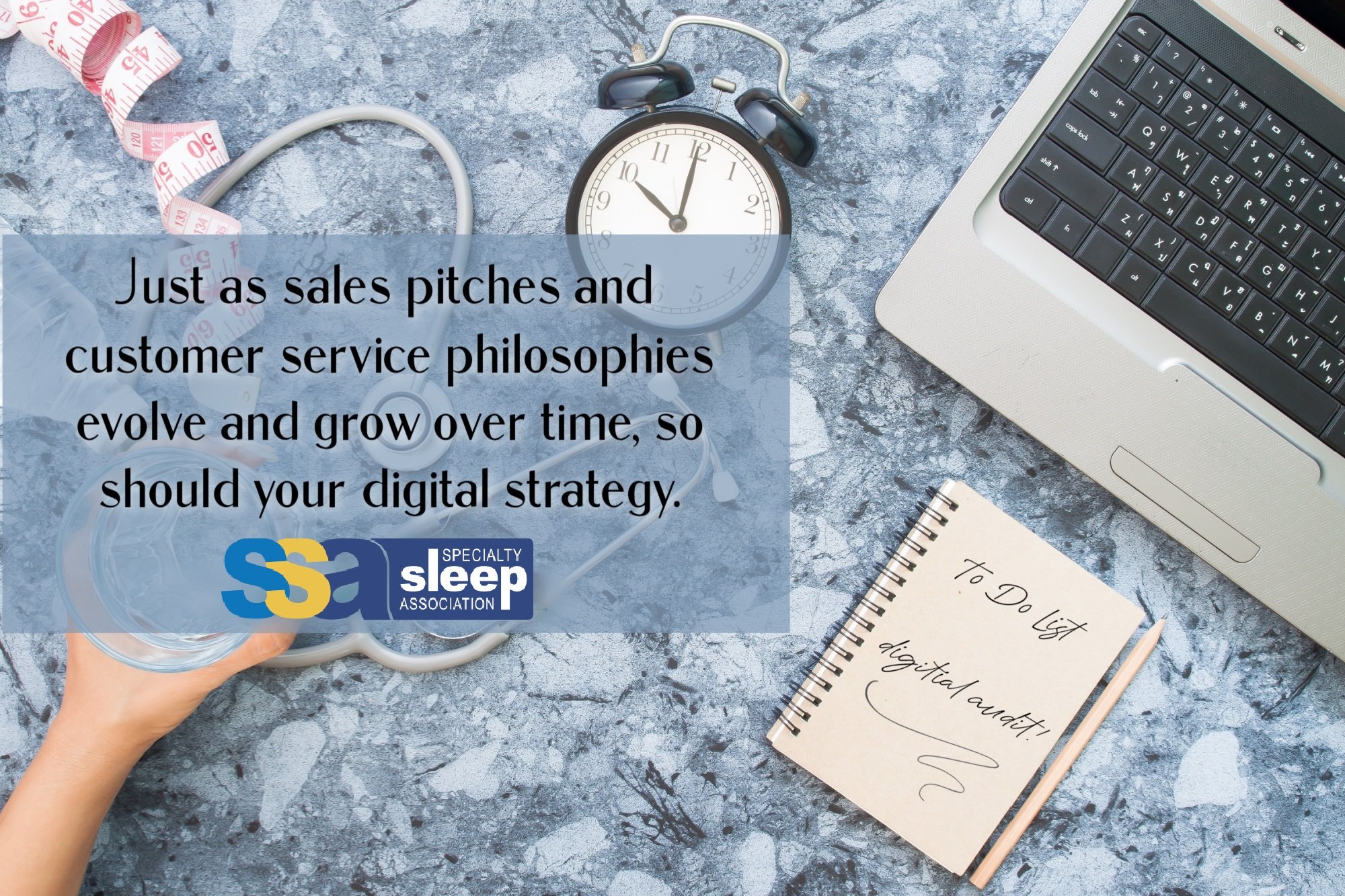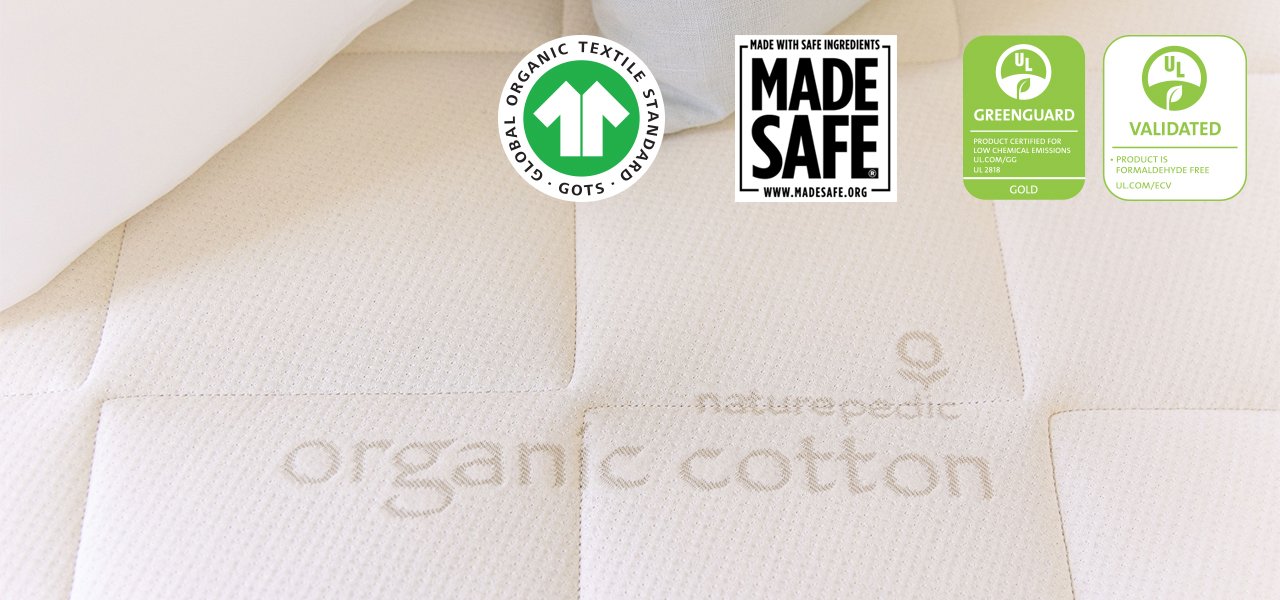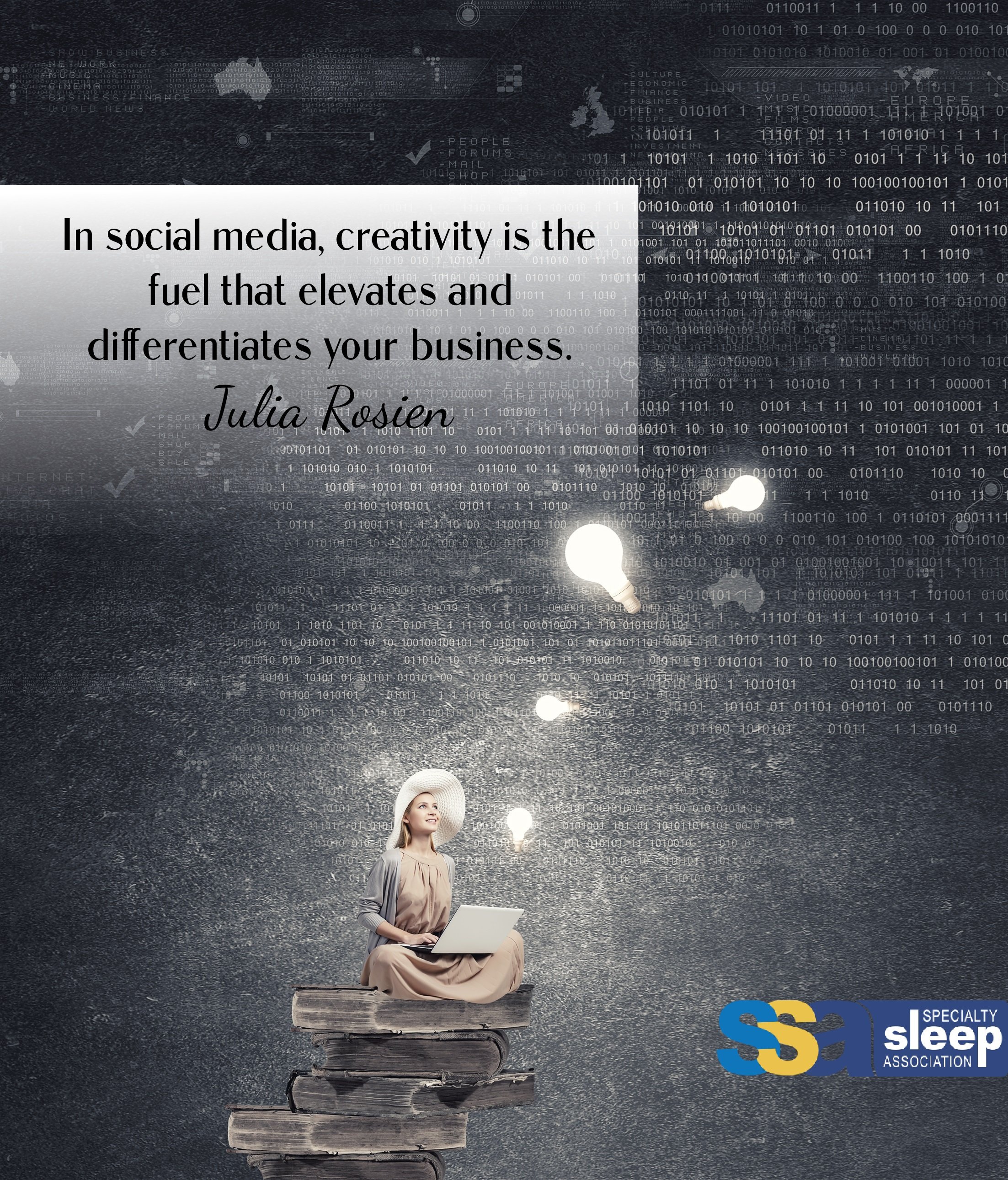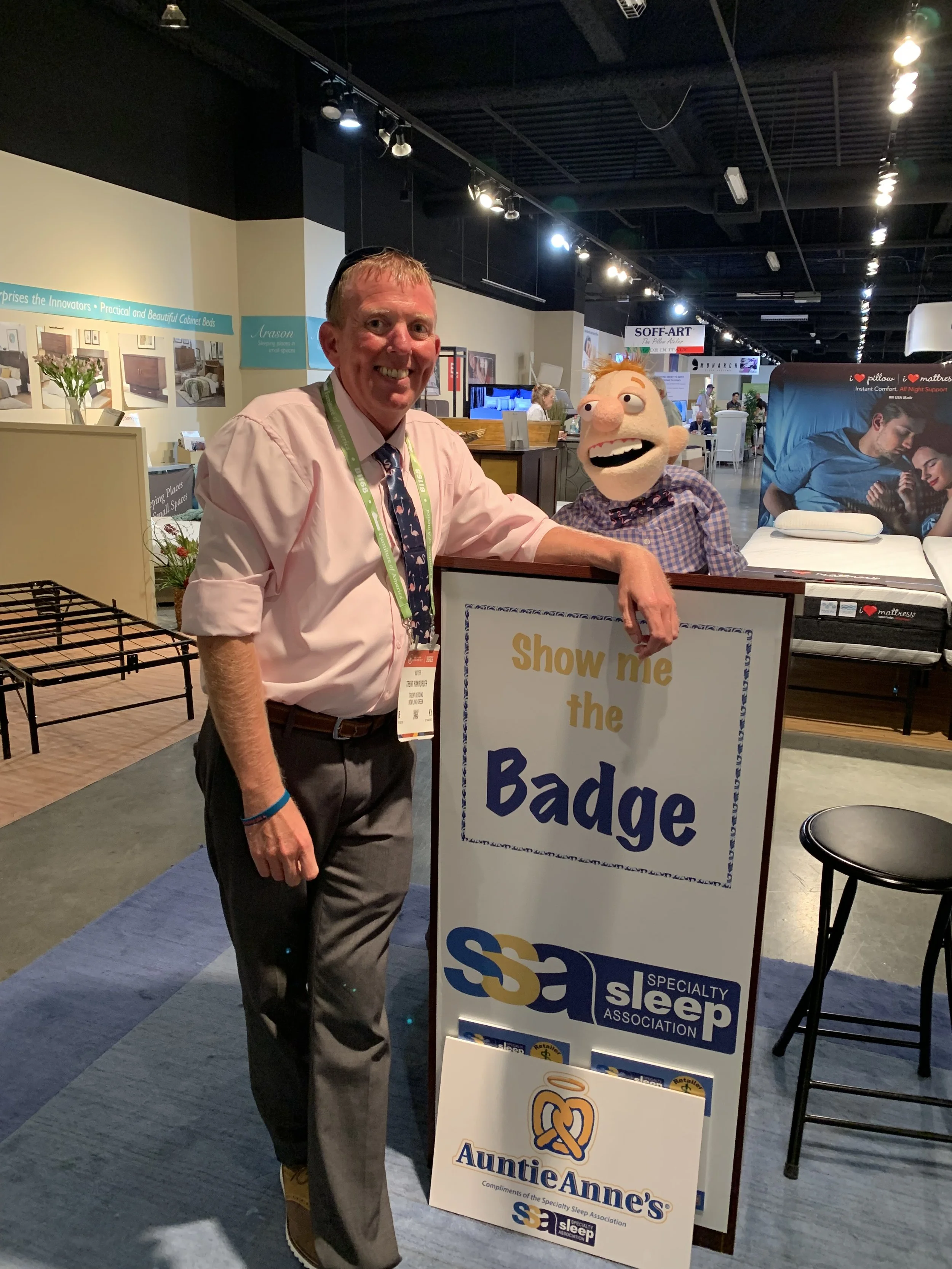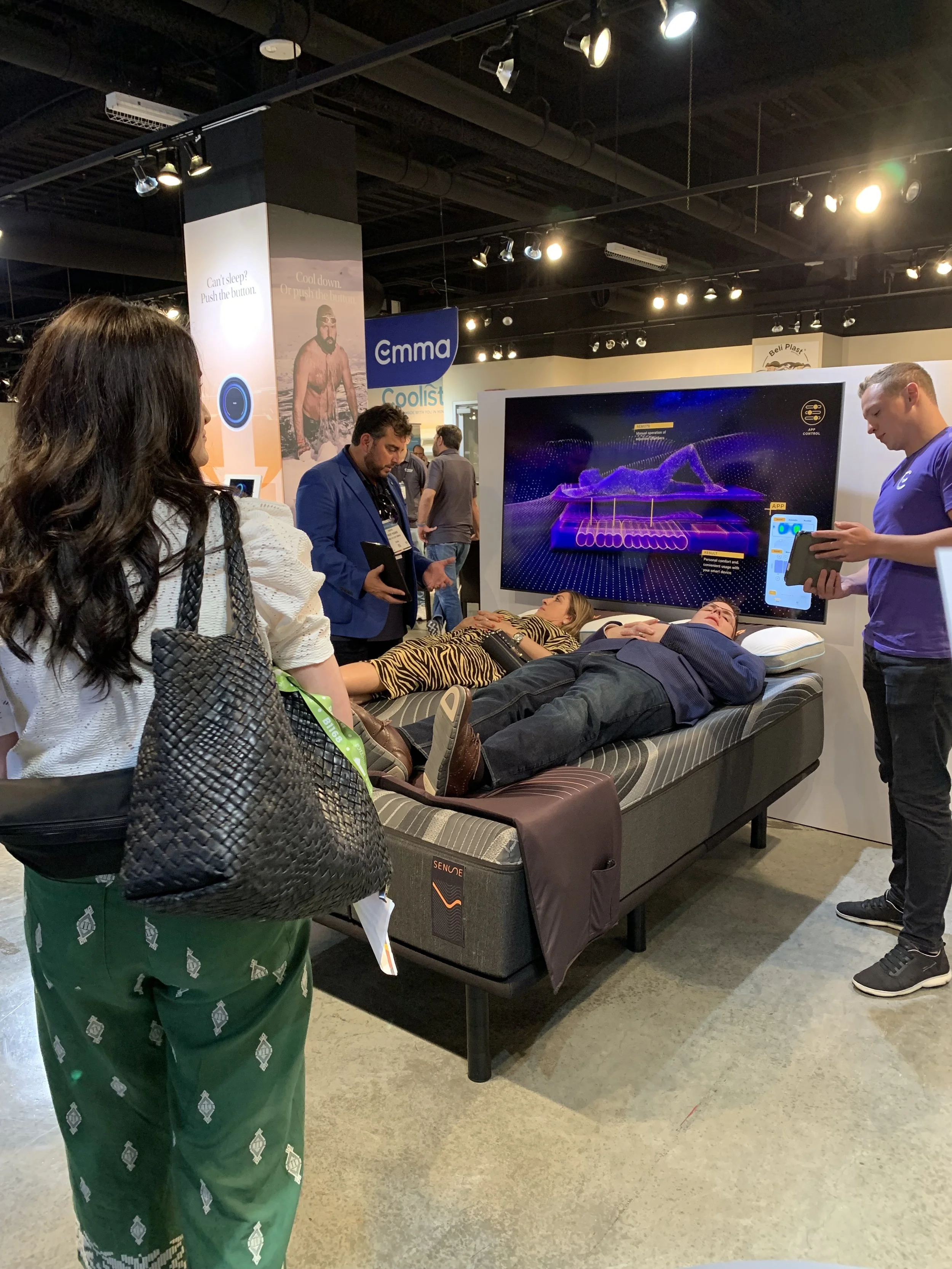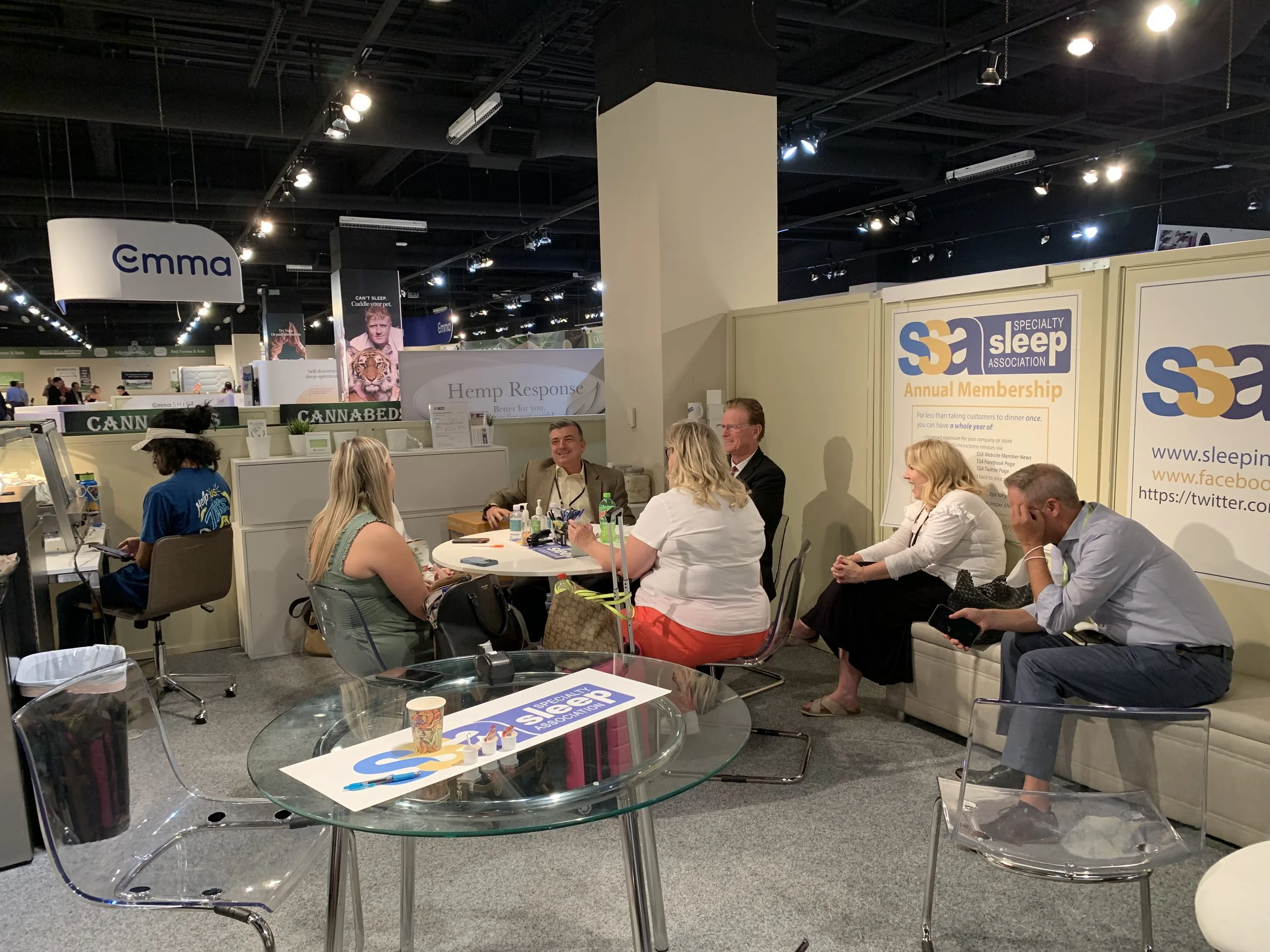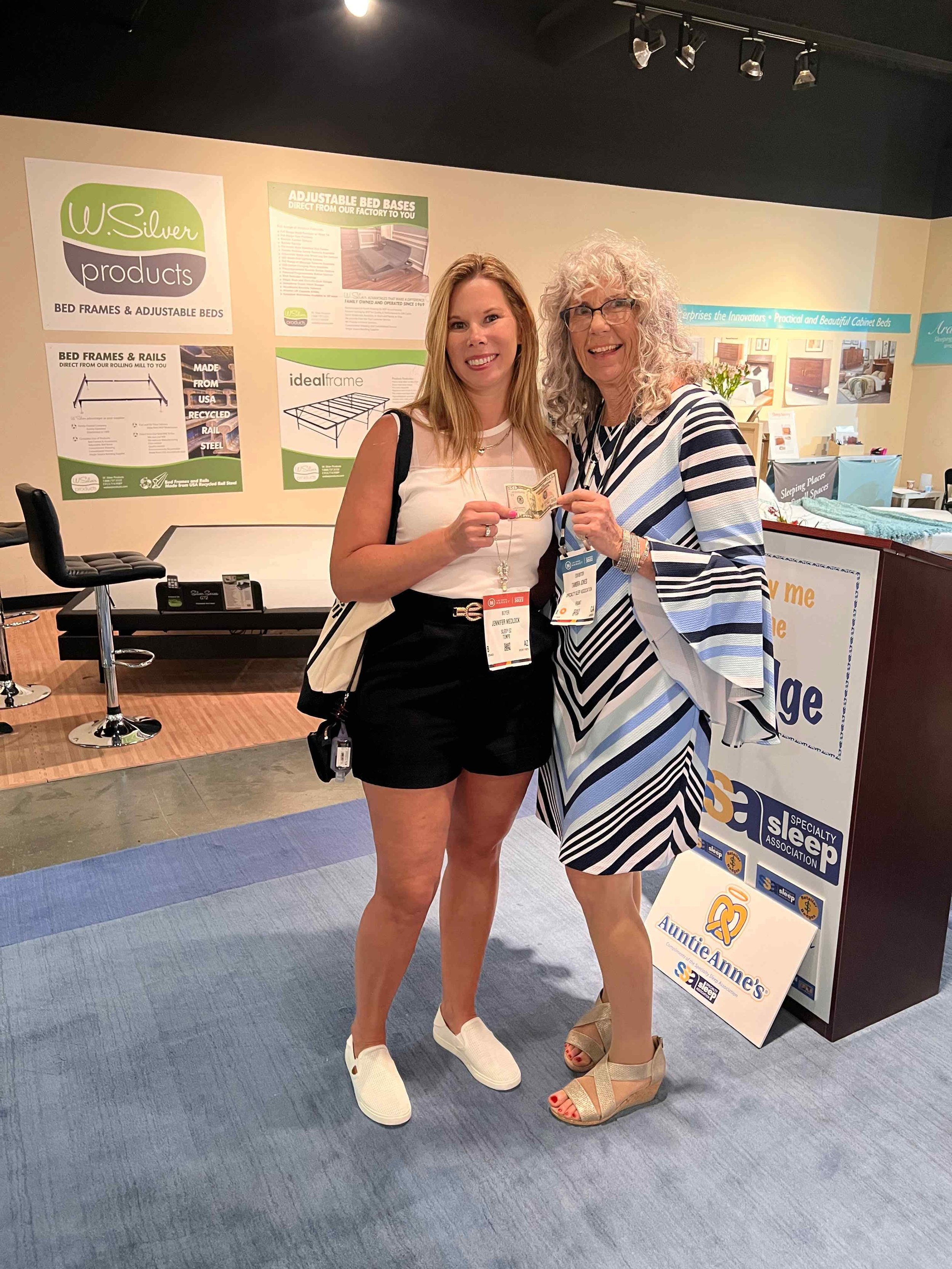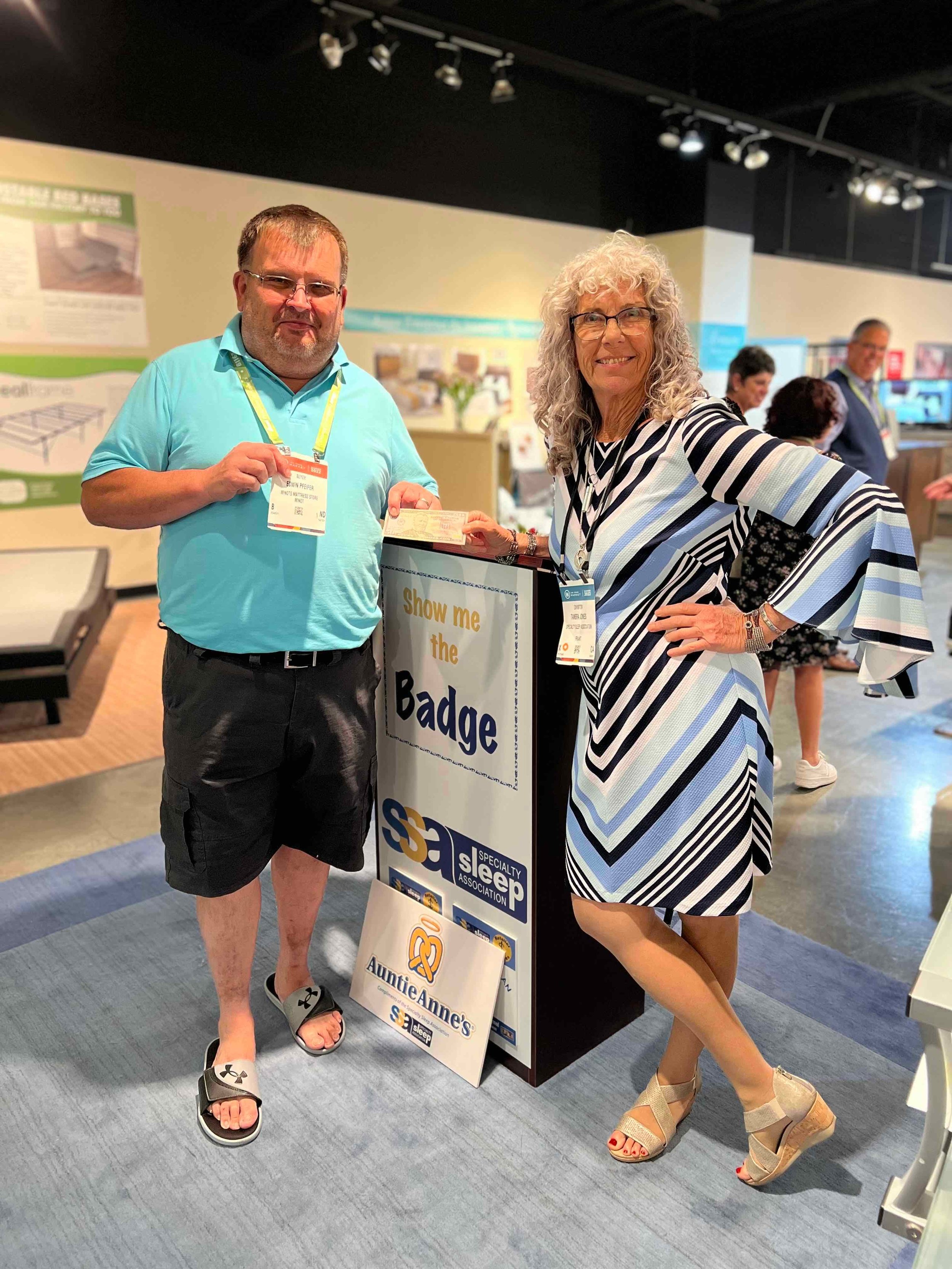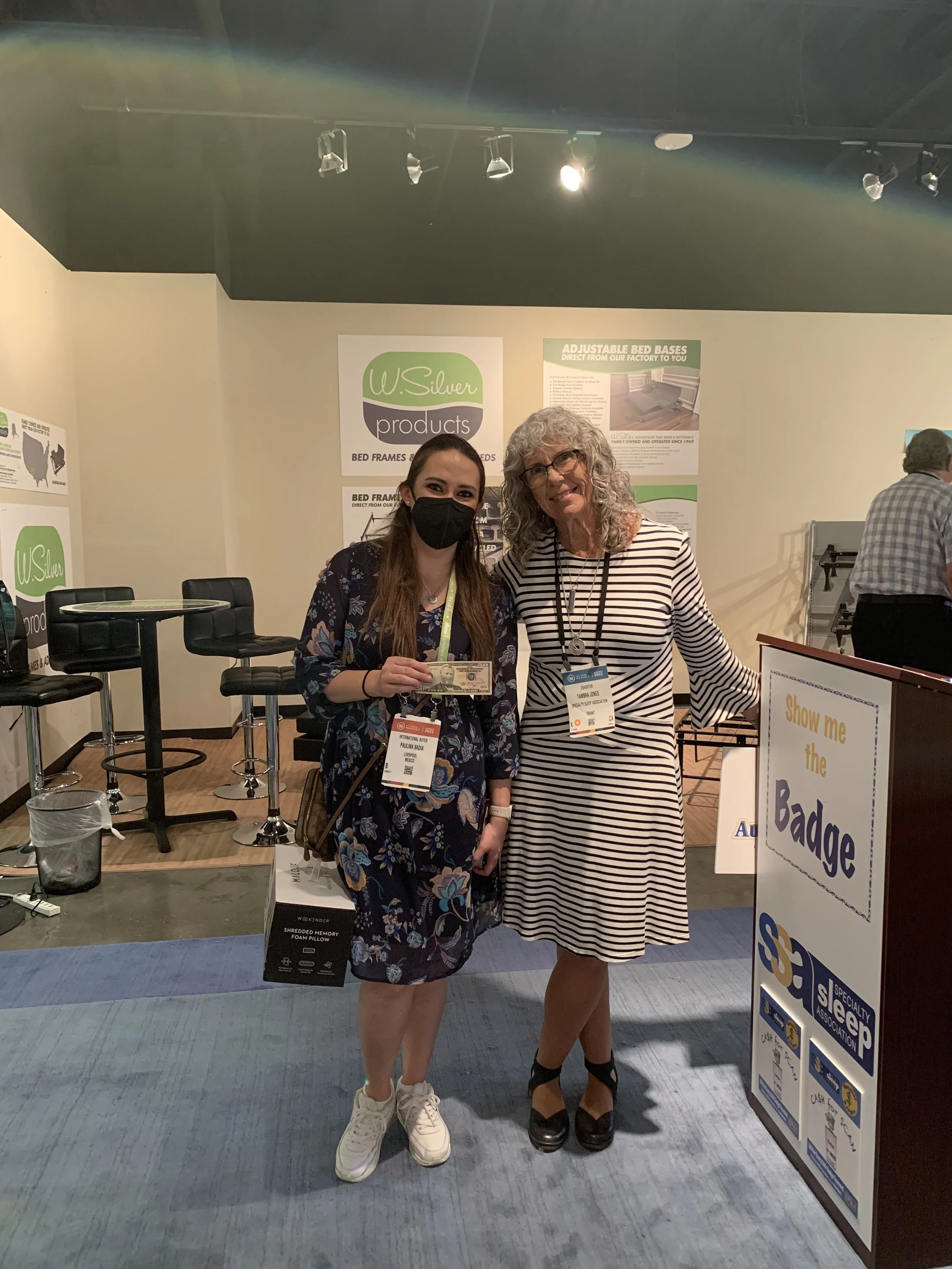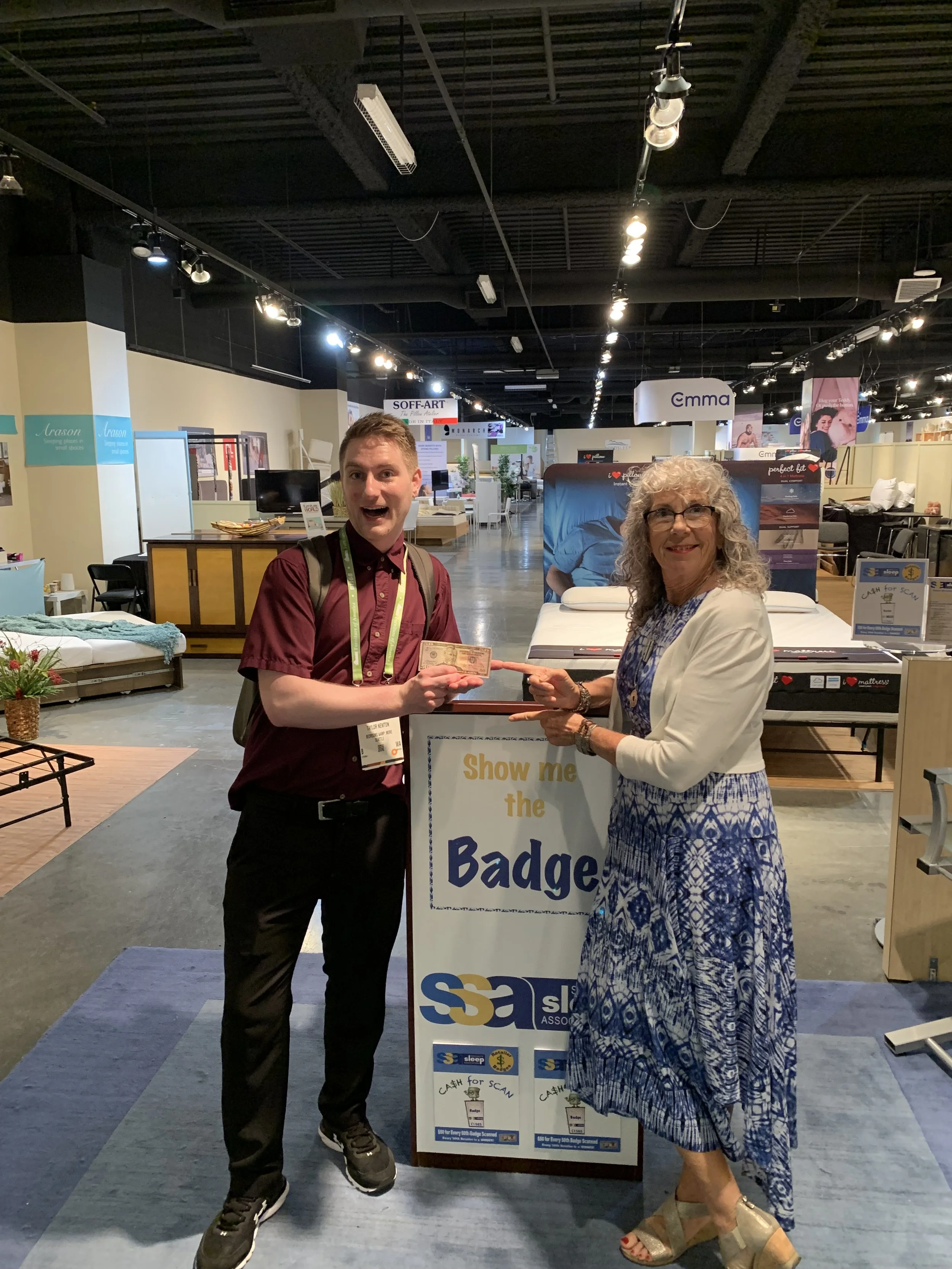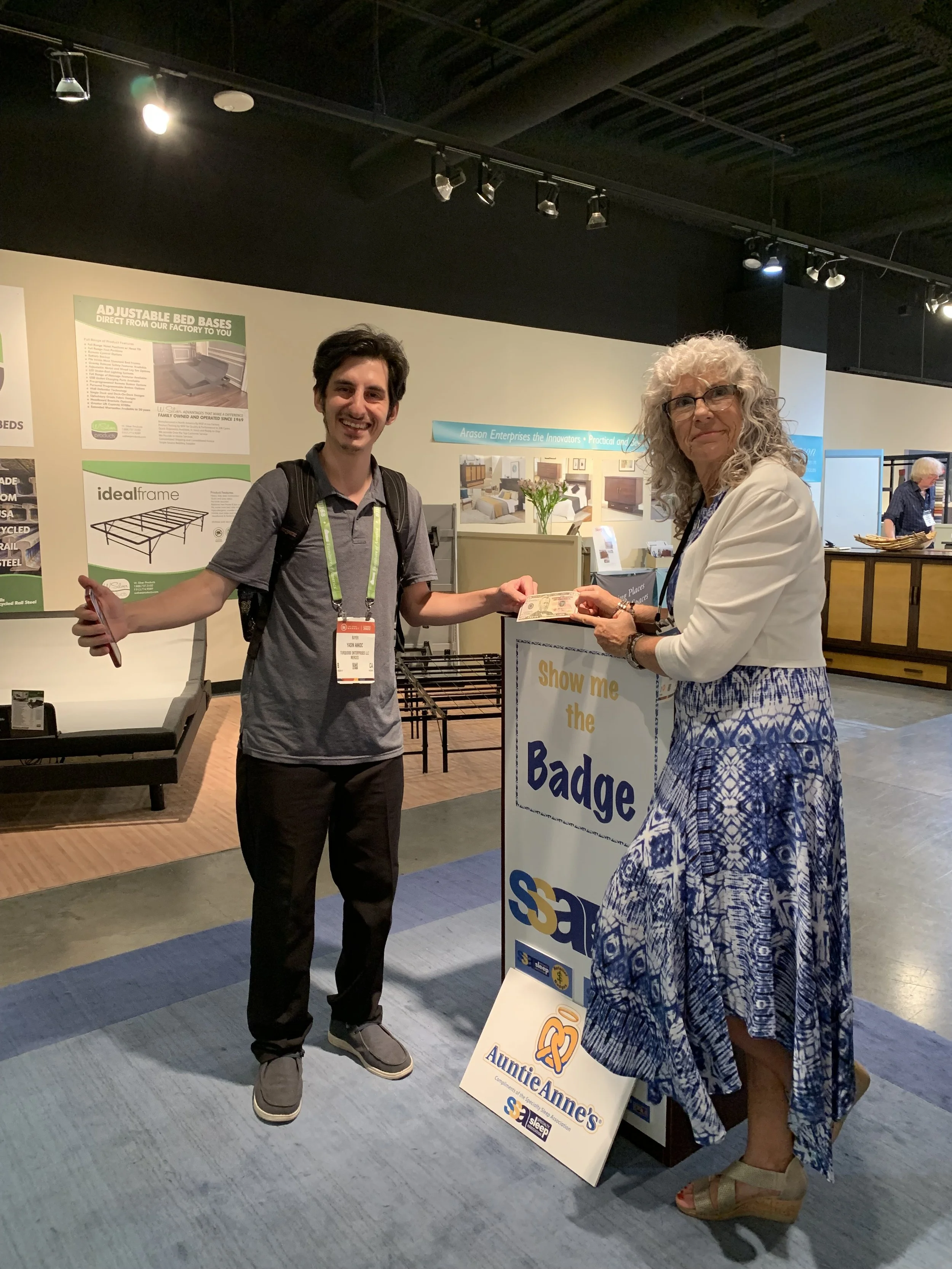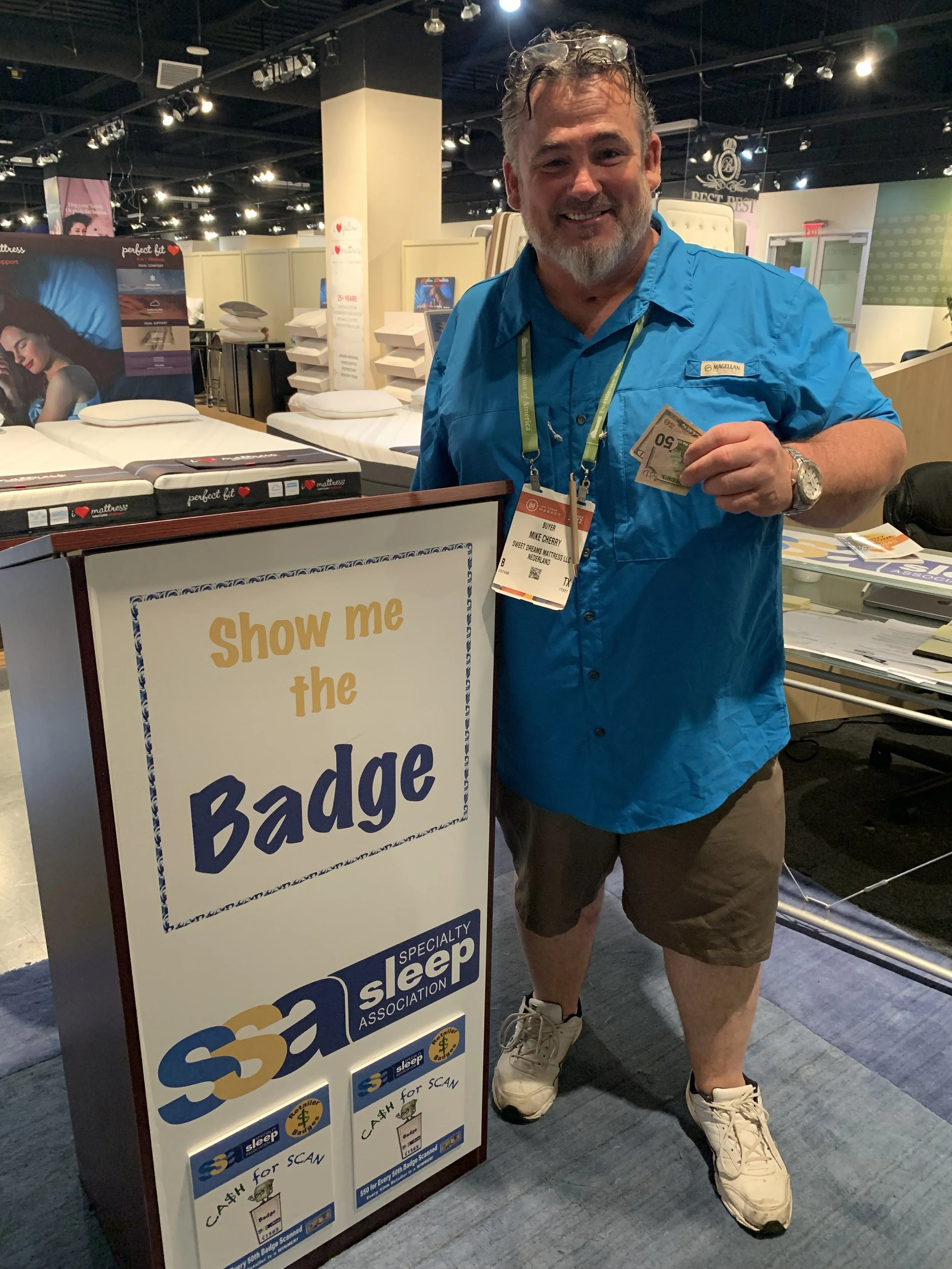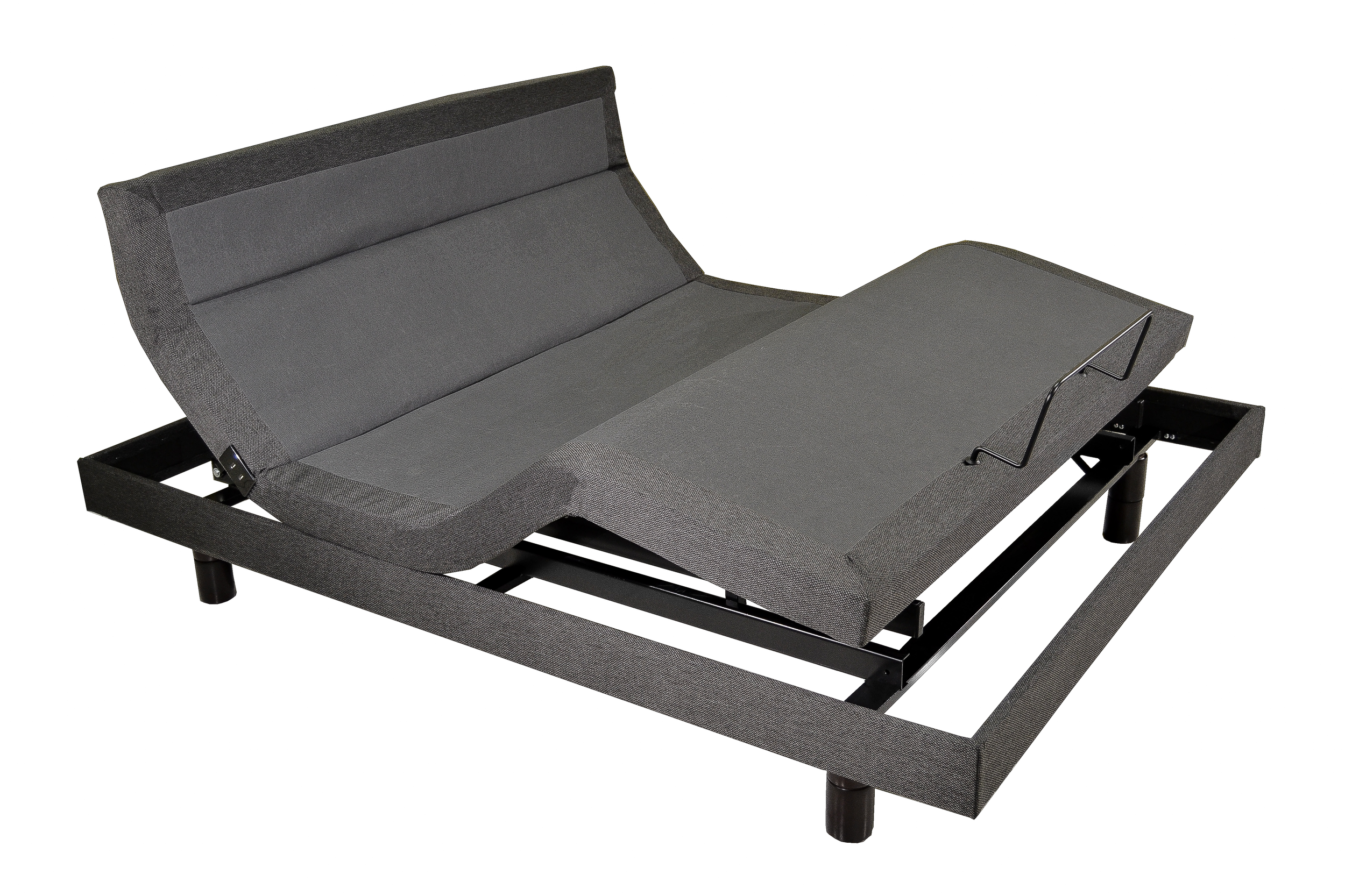If you didn’t have one before the pandemic – and still don’t have one – it’s not too late. Yet.
Remember Baywatch from the 90s? Anderson and Hasslehoff rocking the small screen with their torrid love affairs and salacious scandals on the beach. Hardly lifeguarding at its best – but fun entertainment. Kind of like social media for our customers. Fast moving, quirky and fun – mostly.
On the beach, a real lifeguard scans the crowds for dangerous rough-housing and signs of distress. They know what they can do themselves to mitigate the situation and when they need to call for backup. And they know the worst time to start planning for a crisis is when you’re in the middle of one.
Do you have a plan?
A social media crisis plan is the on-duty lifeguard for your brand in the digital space – skimpy bathing suit not required.
During the pandemic – and the ensuing political upheaval and labor shortages – social listening has helped many businesses understand their customers’ changing preferences and sidestep PR nightmares. Whether it’s negative product feedback, customer service complaints or a glitch in your online purchasing process, a communication strategy – with a crisis plan at its core – is a must-have.
In March of 2020, only 23% of US companies had a dedicated crisis strategy in place, according to PwC research. If we’ve learned anything in the past three years it’s that having a crisis path in place for when – not if – is essential.
What is a social media crisis?
Let’s start with what a social media crisis isn’t. It’s not a single negative complaint or a mean tweet. Those are par for the course for every brand and business on social media. But random tweets and comments can turn into a crisis quickly if not handled correctly.
Watch for these signs:
· Social chatter with a divisive theme. A random comment extends from one person to a larger conversation between customers
who share a common frustration.
· Scope and scale. Moving away from commenting on a thread, customers begin creating new threads, posting on the company’s
social media channels independent of the original conversation.
· Information asymmetry. When social chatter reaches a roar and the company is still in the dark about what happened, the pace
of a crisis reaches its tipping point.
Of course, the best way to handle a crisis is to avoid it in the first place. Empowering your employees with the tools they need to both listen and respond to issues as they arise is a good first step. If you have a dedicated social media manager, ensure they’re using a social media scheduler that allows them to watch and listen as well as post. I recommend Hootsuite – they offer a 30 day free trial and the platform is super easy to use.
In 2022, Canada’s biggest telecom provider, Rogers Communications, went dark across the country. Everything from hospitals to 911 services to restaurants were affected for more than 12 hours. Tony Staffieri, the CEO and president apologized at the end of the day, offering no explanation for the outage or information on the extent of the damage. His apology was thin, ineffectual and, to many, an insult. How Rogers handled the situation is a good reminder that if a company this large can fail this dramatically, we all can…
How to avoid an online crisis – engage in online listening
The sad thing about most social media crisis situations is that many didn’t need to happen in the first place. If someone was listening, those one-off comments would have been answered by a social manager, connecting the consumer to someone who could help.
If your company is in lifeguard mode – and it should be – you’ll be monitoring conversations long before they grow into mob status.
· Set up search streams in your social media scheduler to track your business name and any hashtags you use regularly. If you
don’t have a scheduler, it’s time to get one.
· Add search terms for competitors’ business names or products to help you understand what’s happening locally and within
your industry.
· Involve the decision makers in your company so they know what you’re doing and why. Open communication is key to success
before, during and after a crisis.
Social media crisis plan – a step by step guide to getting through the worst of the worst
Having a social media plan in place long before you need it will help your staff understand when a complaint becomes a crisis. Add in some fire drills too. Just like sales reps practice their pitches, rehearsals and role playing will help employees prepare for worst-case scenarios and be ready with a response. The more comfortable your staff are in *what if* situations, the more comfortable they’ll be massaging the message in a real disaster
1. Identify the source of the crisis. Sometimes a crisis stems from a complaint that went viral but it might also be from a current
cultural or news event or an update from your company that struck a sensitive nerve in your community.
2. Pause all outbound messages. Even if you only suspect a crisis is brewing, pause all scheduled messages so you don’t
inadvertently add to the chaos. Shift to monitoring only until the situation is better defined and your spokesperson can carry
the message forward.
3. Consult your decision flowchart. It doesn’t have to be fancy but it does need to include simple instructions for the people in
charge of monitoring your social media accounts. If this happens, that follows and this person is contacted, etc. When you’re
mapping out the plan, ensure that there is someone involved (and signing off) on each step of the process. If the plan falls apart,
you’ll want to know where so you can prevent it from happening again.
4. Engage your spokesperson. During a crisis, one person should be carrying the message forward. Not only does one
spokesperson ensure there’s no conflicting messages, it will help the consumers connect with the brand in a personal,
emotional and hopefully empathetic way.
5. Build a pressure relief valve. If you’re truly in a crisis, providing your community a place to vent on a venue you’re part of will
help you navigate and guide conversations. This will also help you monitor conversations and watch for variants to emerge.
Think of it as your early warning system for possible upcoming crisis waves.
6. Respect the clock. Time is of the essence in social media – 24 hours is too long for the company to join in the conversation.
Crisis communication needs to be prompt, precise and personal.
Weathering the storms of a social media crisis can be stressful and exhausting but the experience can lead to powerful lessons too. Remember to engage in a post-mortem so you can better understand how you got into trouble in the first place and how you and your staff handled the situation.
Julia Rosien
Who the heck is Julia Rosien?
At the end of the day, it's night and it's my job to help you get a better night's sleep – and lead a healthier, longer life. Pretty awesome job, right? As Vice President of Brand & Digital Marketing for Restonic Mattress Corporation, I also serve as the brand liaison for Restonic's family of brands, which includes Scott Living and Biltmore.
My motto: life is better together. We all want to succeed and when we work together, we can make great things happen for ourselves, those around us and the organizations we serve. Connect with me on LinkedIn.




